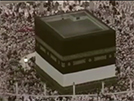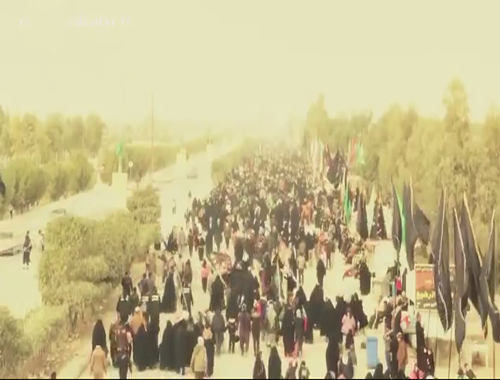Paradise is not Allowed for the Sharp-tongued
- Details
- Hits: 3976
Paradise is not Allowed for the Sharp-tongued
The Messenger of Allah (S) says,
“Indeed Allah has not permitted Paradise for any shameless abuser who has no qualms about saying anything or what is being said to him, because if investigation is conducted he shall be found to be illegitimately born or Satan was involved in his origin”.
People asked, ‘O Messenger of Allah, how can Shaitan get a share in their birth?”
He (S) replied,
“Have you not read the words of Allah,
‘(O Satan!) Share with them in wealth and children.”
(Surah al-‘IsrÄ’, 17: 64)
Allamah Majlisi has related from Shaykh Bahai that it implies that for a time Paradise is prohibited for him or a particular Paradise is prohibited for him, a Paradise which is denied to him but available for those believers who do not abuse. The following traditions are also narrated on this subject.
Sama says that he came to Imam Ja’far as-Sadiq who began the conversation, “O Sama!” what is it that I have heard between you and your camel driver? See that you do not become an abuser and curser.”
Sama replied, “Yes! What you have heard is correct. He had been unjust on me.”
Imam (a.s.) said,
“If he has oppressed you, you have also become his equal and you oppressed more. Indeed this action is not from my behaviour and neither do I advise my Shias to do like that. Ask your Lord for forgiveness and do not repeat this act.”
(al-KÄfi)
The Messenger of Allah (S) says,
“If one taunts a Muslim even with a single word, Allah prohibits the fragrance of Paradise for him. Though the fragrance of Paradise is perceived even at a distance of 500 years travel.”
(Mustadrak ul-Wasa’il)
It is necessary to mention a couple of points here. One is that when a person curses a believer and hurts his feelings, in addition to the punishment he would receive in the hereafter, the Mu’min can complain about him to the religious judge who would punish him at his discretion for the abuse he had uttered against the Mu’min. As mentioned in the discussion of Qaaf if the abuser pleads to the one he had abused to forgive him and makes him happy, there is no penal action against him. Secondly, if he regrets his deed and begs for Divine forgiveness the punishment of the Hereafter shall be condoned for him.











